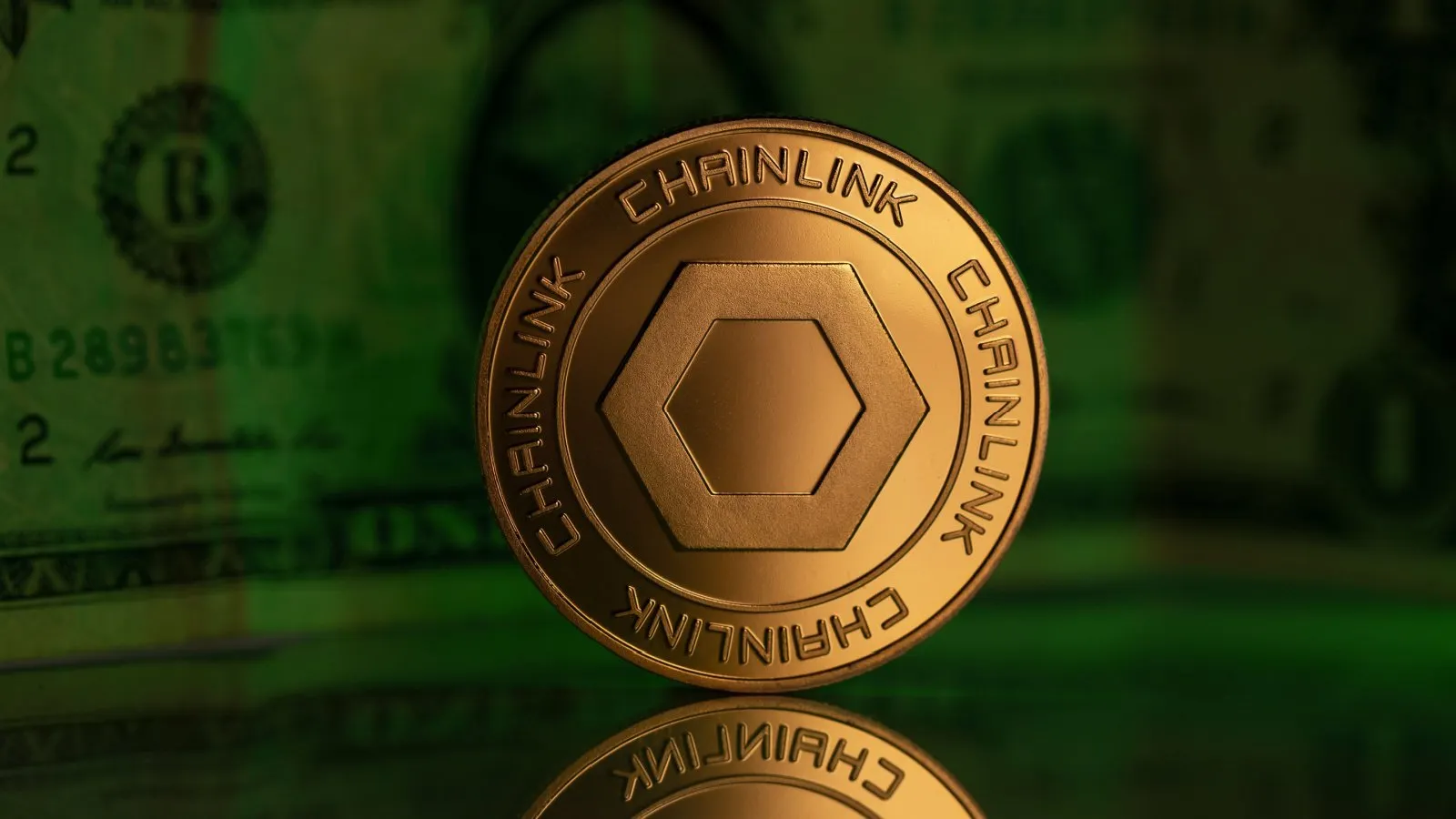We do the research, you get the alpha!
Chainlink's LINK token has soared as much as 18.8% after DTCC, the biggest settlement and clearinghouse in the U.S., announced it had just concluded a tokenization pilot with Wall Street giants like JP Morgan and BNY Mellon, leveraging Chainlink's CCIP.
Chainlink is a decentralized oracle protocol, meaning that it's a network that provides data to and across multiple blockchains networks. It was started in 2017 to solve the interoperabilty problem that many crypto investors complained about as they tried to transact on multiple different chains.
Now, at the time of writing, the Chainlink price has soared past $16 and set a new monthly high, but is still quite far away from the 2024 high price of $21.64 that it set in March.
That LINK price hike has been dramatic enough to trigger the liquidation of $1.68 million worth of LINK short positions over the past 24 hours, according to Coinglass.
For context, that's more liquidations that many of its larger market capitalization rivals, like Dogecoin, that haven't seen big price swings in the past day. The market's most popular meme coin, DOGE, has a $22 billion market cap compared to LINK's $10 billion—more than twice its size. But the short liquidations for LINK in the past day amount to more than DOGE has seen for rekt short and long positions combined.
The recently wrapped up DTCC pilot, Smart NAV, was meant to test a method for Wall Street institutions to make mutual fund data, like prices and rates, available on public networks in a way that's blockchain agnostic. They did this by way of Chainlink CCIP, the project's cross-chain interoperability protocol.
The verdict, to hear DTCC tell it, is to keep moving forward with tokenizing assets.
"The pilot found that by delivering structured data on-chain and creating standard roles and processes, foundational data could be embedded into a multitude of on-chain use cases, such as tokenized funds and “bulk consumer” smart contracts, which are contracts that hold data for multiple funds," the firm wrote in its report. "This capability can support future industry exploration and can power numerous downstream use cases as well, such as brokerage portfolio applications. Additional benefits include real-time, more automated data dissemination and built-in access to historical data."
Wall Street firms have long been interested in using blockchain technology, but often expressed hesitation about operating on public blockchains. In 2023, many of the same firms in Chainlink's announcement—plus others, like Microsoft and Goldman Sachs—joined the Canton Network. It was a permissioned—i.e., not public—pilot for large institutions to test the feasibility of decentralized infrastructure.
This new test with Chainlink differs because the goal is to get Wall Street data from the institutions directly and make it available for use by smart contracts and other Real World Asset (RWA) protocols on public networks.





